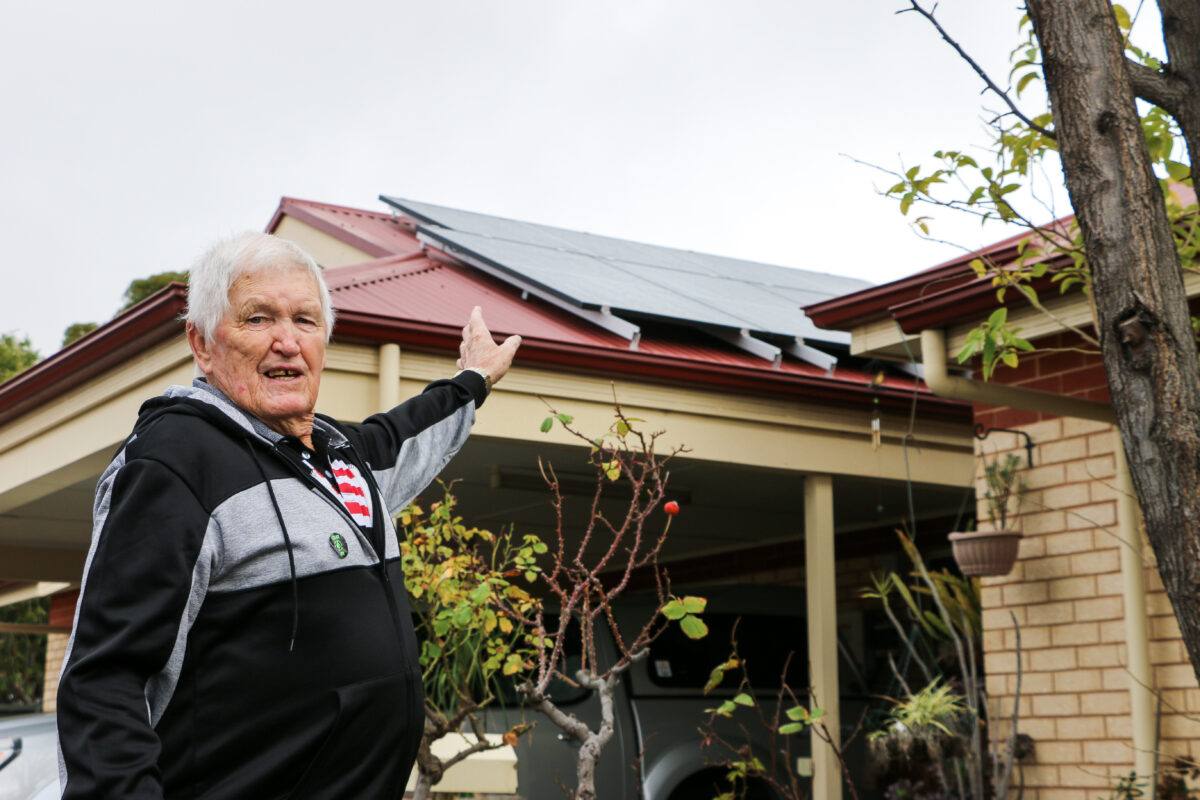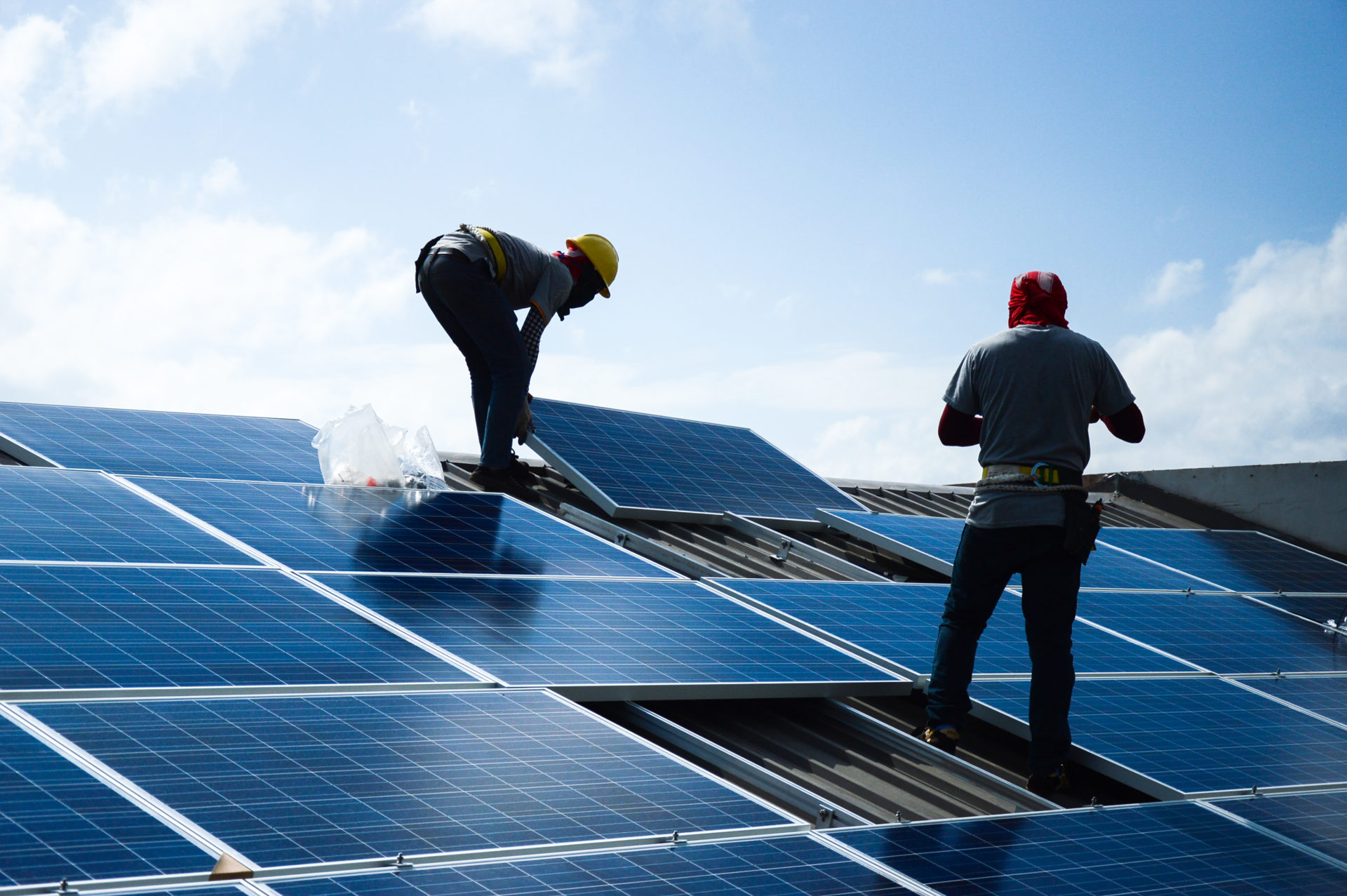A new pilot project across Adelaide’s north and north-west is enabling South Australians on low incomes to access rooftop solar energy for the first time.
The $260,000 project has seen AnglicareSA partner with local energy provider Beat Energy to install solar systems in 37 community housing properties to help tenants reduce their cost of living and carbon footprint.
AnglicareSA Executive General Manager Housing, Michelle Gegenhuber, said the solar systems are paid for, maintained and owned by AnglicareSA, leaving tenants with no installation expenses.
“All South Australians, especially those on low incomes, deserve access to technology and services that reduce their cost of living.
“With no out-of-pocket expenses for tenants, the new initiative will not only help reduce bills, but contribute positively to the environment, and educate our tenants to better understand and control how and when to use energy throughout the day.
“As we work towards our vital goal of increasing the supply of social and affordable housing, we’re committed to ensuring that we’re developing sustainable homes suitable for the long-term.
“We’re proud to be working with a South Australian family business, using locally-developed technology to achieve the best energy solutions for our tenants.”

AnglicareSA tenants John and Beverley, who rely on the aged care pension, are grateful to have access to renewable energy – an opportunity they always thought was financially out of reach.
“It’s great so far – being able to track how and when we use energy so we can keep the cost of the power down,” John said.
With the pilot project installations completed this winter, tenants have just begun reaping the benefits of their newly solar-powered homes.
Following the pilot project, AnglicareSA will be exploring renewable energy options across its social and affordable housing portfolio.
Beat Energy co-founder and CEO Domenico Gelonese said the average household can expect to save between 15 and 30 per cent on their energy costs.
“Twenty-five per cent of all Australian householders are tenants and unfortunately the majority have been left out of the renewable energy market, while their energy costs continue to rise,” he said.






